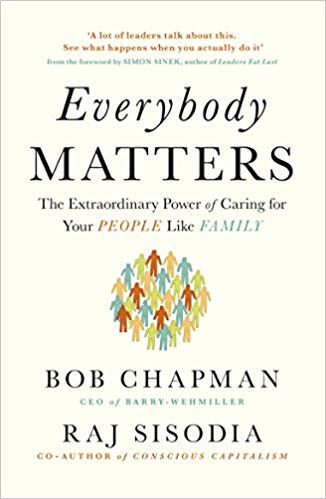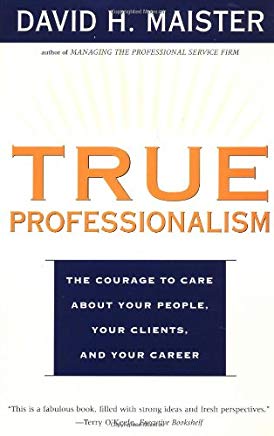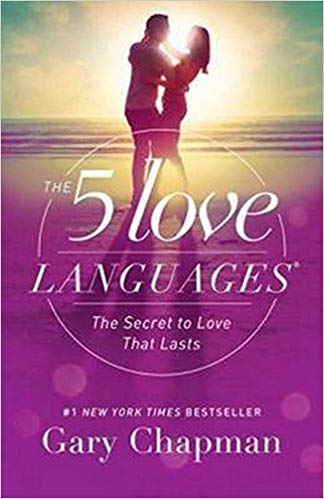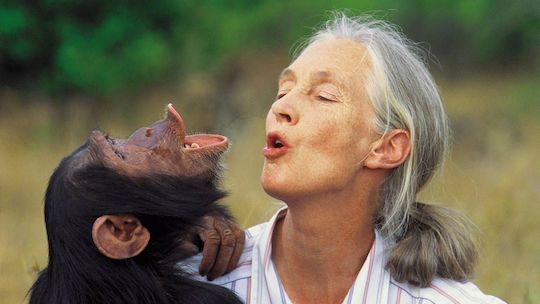“Help me understand that better.”
—Author Unknown
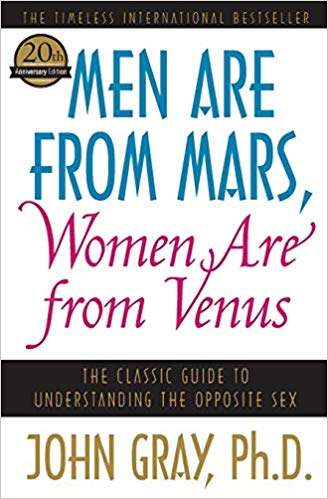
Today’s quote can be extremely helpful in the development and enhancement of relationships, especially for men.
A few months ago, I attended a coaching conference. One of the key “conversation starters” was John Gray, author of Men are from Mars, Women are from Venus.
Given the importance of relationships to maximize the benefits of the coaching process, we were “all ears and all in,” seeking greater mastery for ourselves and our clients.
If you are a student of Gray’s work, it is pretty apparent that many men have a limited attention span in certain conversations, and almost always seek to solve or fix problems even when the other party has made no request of them to do so.
EXERCISE:
Where and with whom would seeking to understand others better make a significant difference in both your professional and personal relationships?


